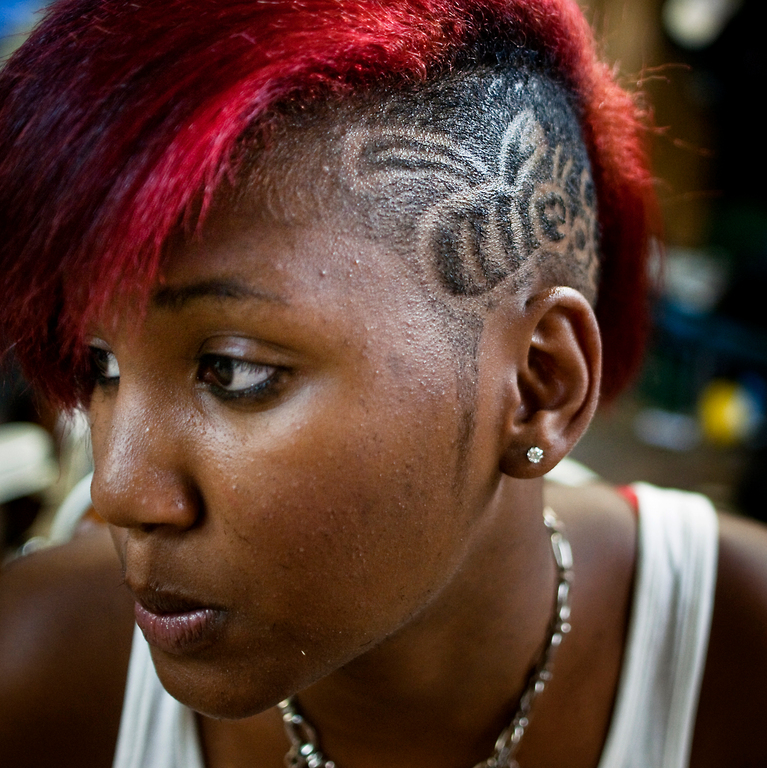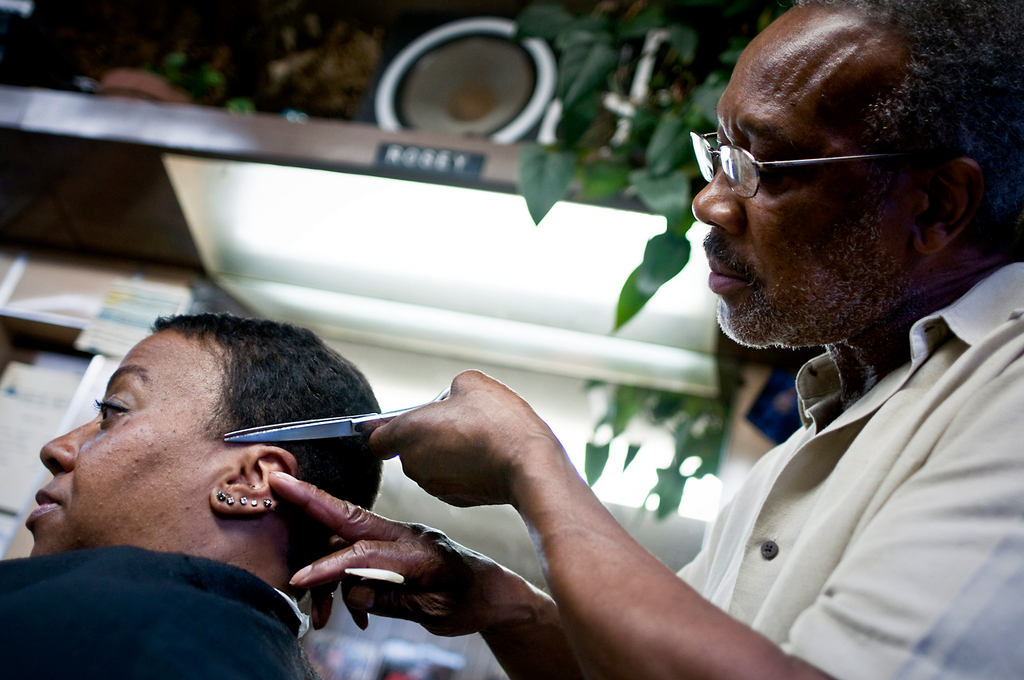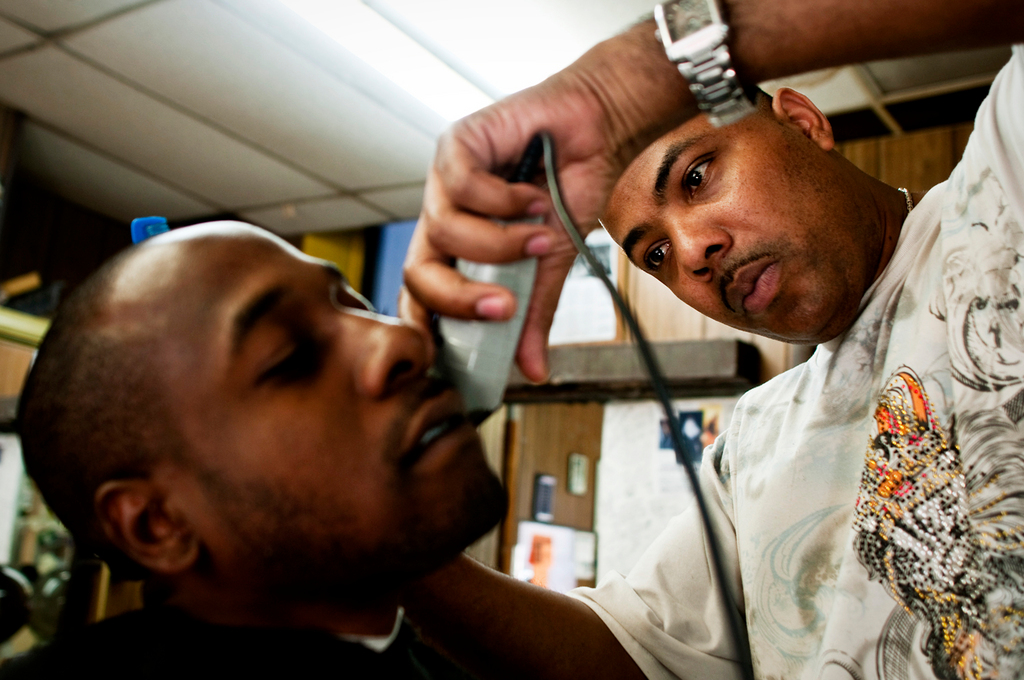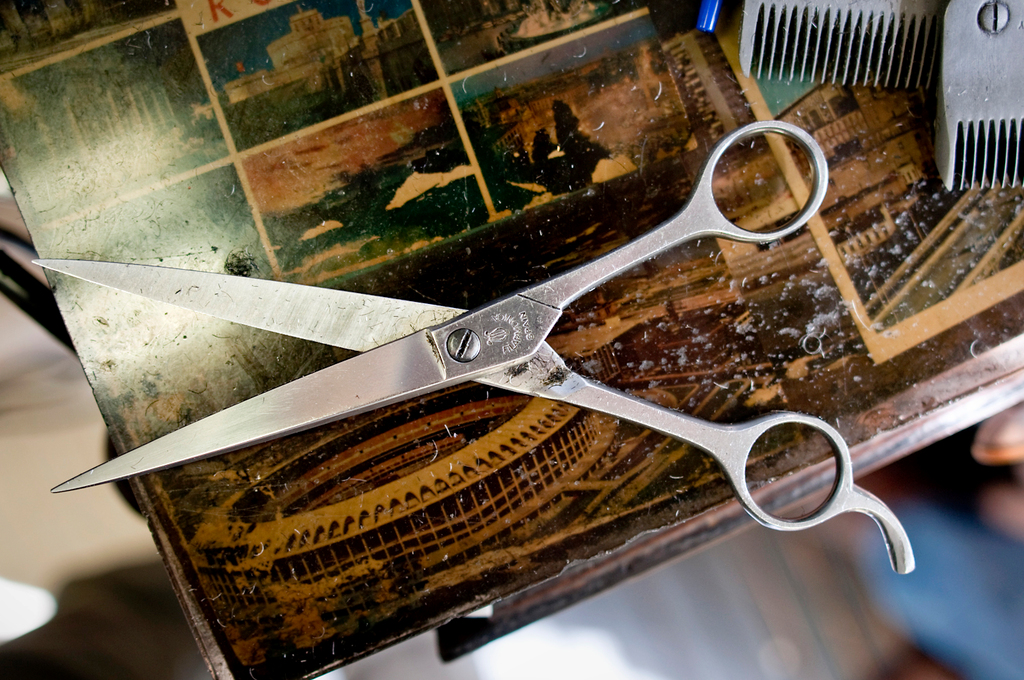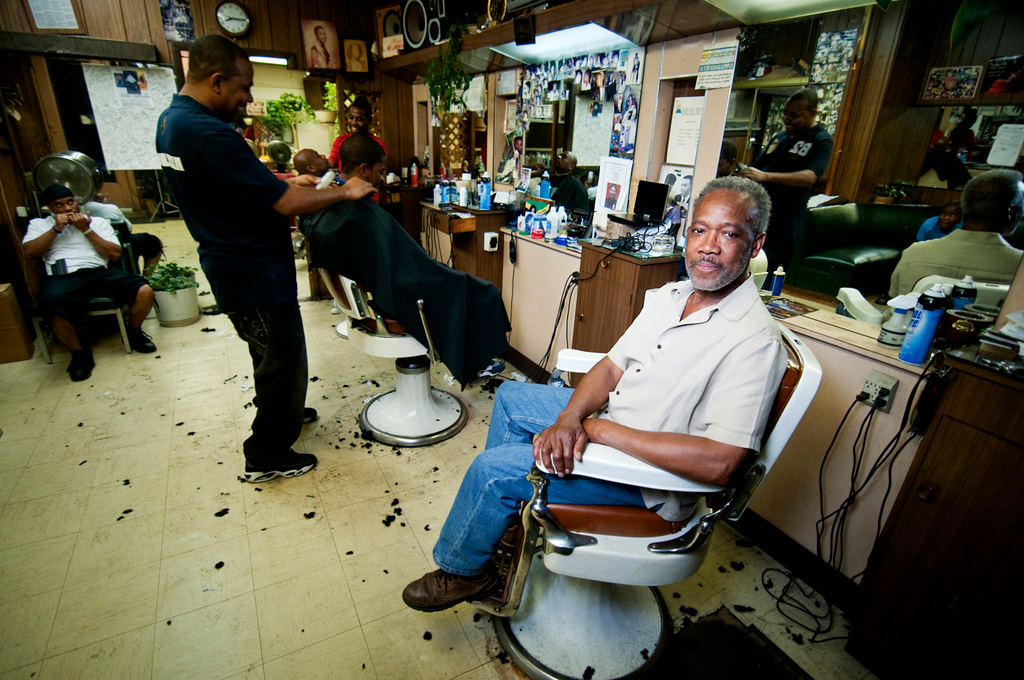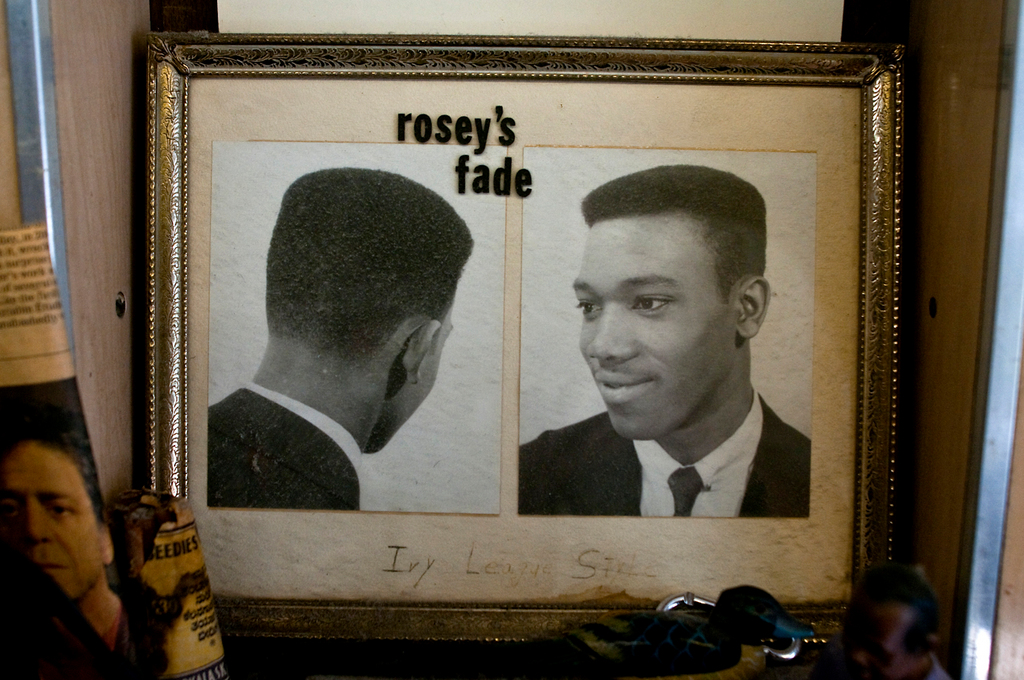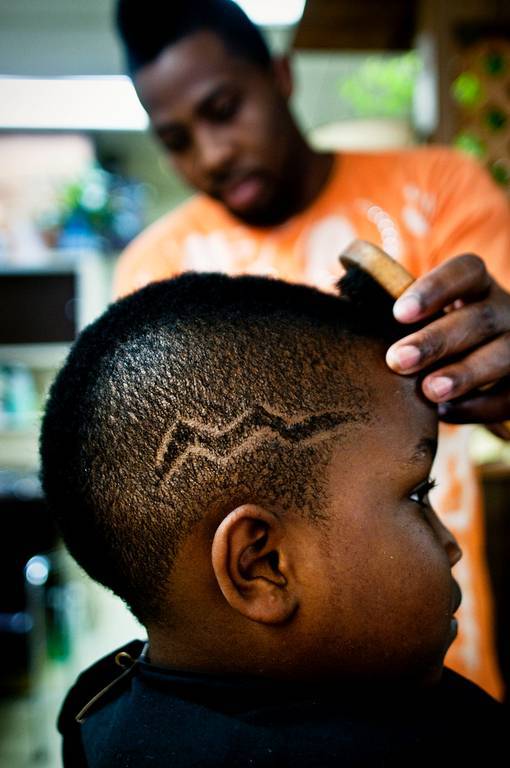He gives Marble Hill the kindest cuts of all
Everyone calls him Rosey, short for Roosevelt Spivey. He’s been cutting hair at the Marble Hill International Unisex Salon since he bought the place back in 1962. He’s seen a lot of changes since then, but one thing has stayed the same. He loves cutting hair.
When Mr. Spivey, 71, bought the salon at 151 W. 228th St., near Marble Hill Avenue, the neighborhood was predominantly Irish, Italian and Jewish. As a 23-year-old black man from North Carolina, he wasn’t sure how the neighborhood would react to his presence.
“The landlord even asked me, ‘Do you think you can make it in this neighborhood?’ I told him I don’t know but I’m gonna try,” Mr. Spivey said. “I didn’t expect to be here three months. If somebody had told me I’d be here three months, I wouldn’t have believed them.”
More than 48 years later, Mr. Spivey has become an integral part of Marble Hill. Last summer, the Marble Hill Reunion and Development Committee awarded him a lifetime achievement award for his contributions as a business owner in the neighborhood.
And though he received support from people of all backgrounds since coming to Marble Hill, there were some rough patches. He said the shop almost closed down later in the 60s because hairstyles changed and people weren’t getting their hair cut as much. He blames the Afro specifically for forcing him to get a job on weekends, working for a private care company until the fad wore off.
Growing up in North Carolina, Mr. Spivey was the oldest of 10 boys. Starting at age 10, he cut his younger brothers’ hair and liked it so much, he knew he would be a barber even before graduating high school.
After moving to New York to attend barber school in Harlem, he found a salon for sale in Marble Hill. He had never heard of the area, but purchased the salon and opened for business.
Much of the salon has not changed over the years, so when Mr. Spivey rings up your $10 haircut on his old metal register, it makes the same sound as when it was 75 cents a cut in 1962. When you sit in one of the chairs, you’re sitting where people have sat for 50 years.
“Everything in here is antique, including me!” Mr. Spivey said, smiling.
People keep coming back, whether it’s for the environment (lots of plants, music, a TV and a cushy leather couch), to talk about the good old days or the Yankees, the sense of community or because Mr. Spivey’s just that good at cutting hair.
“Right now, I’m working on the fourth generation [of some families],” Mr. Spivey said. “I consider them family. I’ve known so many people in the neighborhood for so long … I like everyone to feel like they’re at home when they’re here.”
Every year he hosts a Christmas party at the salon for regulars, but friendships aren’t restricted to a single day of the year. On a recent afternoon, Wilbur Snipes, a regular since 1965, sat on the leather couch, talking with Mr. Spivey and watching TV. Mr. Snipes called the salon “a retreat.”
Others see it the same way.
“I come to hang out mostly. I like the atmosphere. Being in here, you get away from the negativity,” said Willie Jones III, a local who sat on Mr. Spivey’s booster chair when he was a child in the 1970s and still gets a hair cut there regularly.
Two years ago, Mr. Spivey cut his days back to Thursdays, Fridays and Saturdays to spend more time at his home in New Jersey, gardening and enjoying life with his wife of 44 years.
On the other days, Garfield Myrie, his “number one guy,” runs the salon. Mr. Spivey believes Mr. Myrie will take over for him when he retires, but he hopes that won’t be for at least another five years. Until then, Mr. Myrie is learning from the best.

